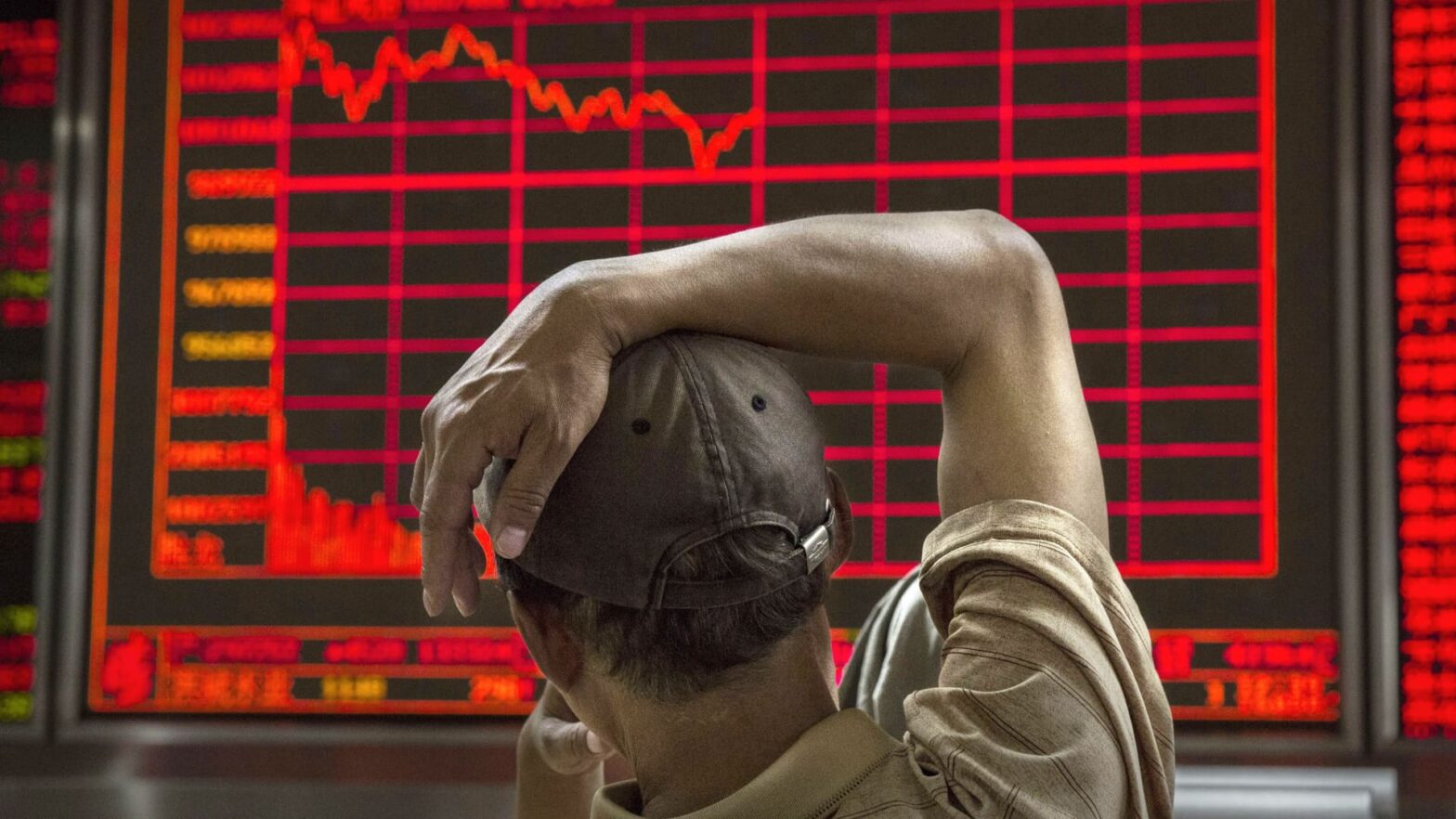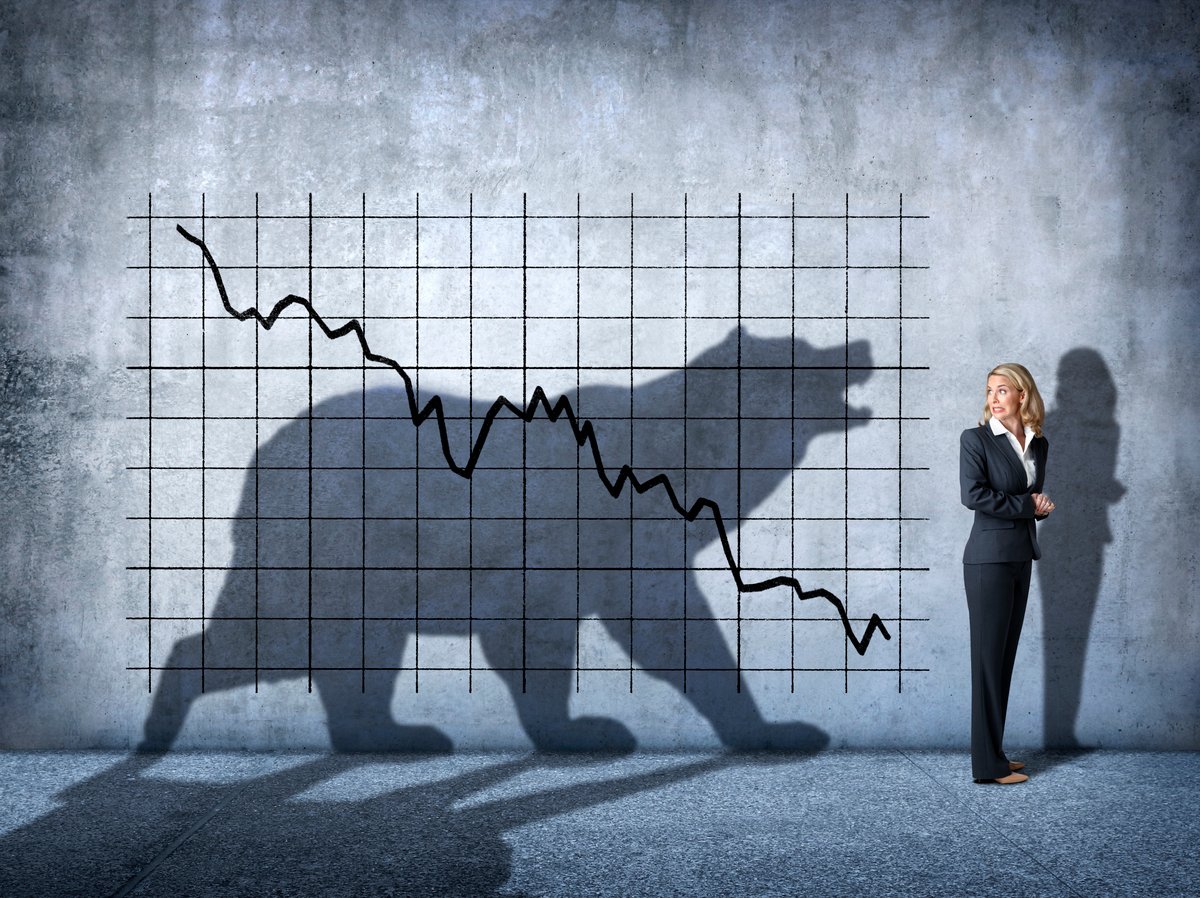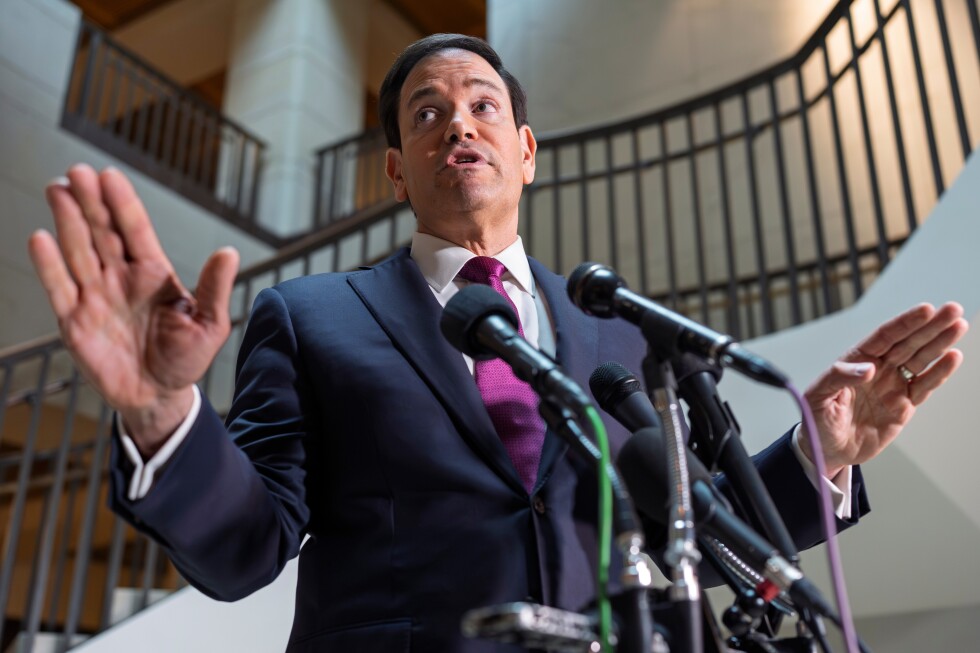A Chinese day trader watches a stock ticker at a local brokerage house in Beijing, China.
Getty Images
Stock markets in China rose as traders returned from a long holiday on Monday to upbeat travel data, while Hong Kong stocks fell.
The CSI 300 added 0.5% as trading resumed following the Lunar New Year holidays that saw consumer spending jump higher than pre-Covid levels, according to official data. Tourism stocks led the gains, rising 1.2%.
The People’s Bank of China on Sunday held a key policy rate steady as expected, as markets reassess when the U.S. Federal Reserve might start easing its monetary policy this year.
China’s central bank said it was holding the rate unchanged at 2.5% on 500 billion yuan ($69.51 billion) worth of one-year medium-term lending facility.
China’s Foreign Minister Wang Yi, reportedly, told U.S. Secretary of State Antony Blinken that the United States must lift restrictions on Chinese firms and individuals, and attempts to de-couple from Beijing would only hurt Washington.
Hong Kong’s Hang Seng index fell 1%, while the Hang Seng Tech index shed 2.7%.
Japan’s Nikkei 225, which had come within a striking distance of a record high on Friday, inched 0.07% lower, while the broader Topix added 0.5%.
South Korea’s Kospi added 1.3%, while the smaller-cap Kosdaq was flat.
In Australia, the S&P/ASX 200 closed 0.1% higher at 7,665.10.
U.S. markets were closed for the Presidents’ Day holiday.
Wall Street’s main indexes slid Friday after a hot inflation report sparked fears that interest rate cuts from the Federal Reserve may not arrive until later than expected this year.
The S&P 500 fell 0.48%, the Dow Jones Industrial Average slid 0.37% and the Nasdaq Composite lost 0.82%.
— CNBC’s Lisa Kailai Han and Pia Singh contributed to this report
Singapore outbound flights to cost more from 2026 over green fuel requirements
Flights departing from Singapore will cost more from 2026 as the country pushes ahead with its aviation industry decarbonization goals.
All outbound planes will use sustainable aviation fuel (SAF) from 2026 as Singapore aims 1% of all jet fuel used at Changi Airport and Seletar Airport by that year to comprise SAF, with plans to raise it to 3-5% by 2030, its transport minister said Monday.
Economy class passengers taking direct flights from Singapore to Bangkok, Tokyo and London might have to pay an additional S$3, S$6 and S$16, respectively, according to a sustainable air hub blueprint released Monday. Passengers taking premium classes will pay higher levies.
—Lee Ying Shan
China travel stocks rally as holiday tourism numbers top pre-pandemic levels
The China travel stocks index jumped 2.1% in early trading Monday, rising to its highest level since Jan. 30.
Shanghai-listed Air China rises climbed 1.2%, China Southern Airlines gained 1.7%, while Hong Kong-listed Chinese online tourism services group Tongcheng Travel rose 1.5%.
Shenzhen-listed stocks of Toread Holdings gained 4% and Western Regions Tourism Development added 2.4%.
China’s travel activity and spending jumped above pre-pandemic levels during the Lunar New year holiday, according to official data.
Some 474 million domestic trips were made during the eight-day festival, a 34.3% jump from a year earlier, according to data released by the country’s Ministry of Culture and Tourism on Sunday.
Tourists spent nearly 632.7 billion yuan ($87.95 billion) on domestic holiday trips, a 47.3% year-over-year jump, data showed. Both metrics were above 2019 levels.
The broader CSI 300 index added 0.6%.
— Shreyashi Sanyal
Nintendo shares fall on unconfirmed reports of Switch 2’s delayed release
Shares of Japan-based video game company Nintendo dropped more than 6% on unverified reports that its next console’s launch may be delayed to early next year.
Nintendo was initially targeting to launch the successor to its Switch console in late 2024. The company did not immediately respond to CNBC’s request for comment.
Nintendo shares slide
—Lee Ying Shan
CNBC Pro: These are the only 2 ETFs that made money every year for the past decade
Two funds investing in defensive stocks are the only exchange-traded funds worldwide that had a positive return every year over the past decade, CNBC Pro research has found.
The two funds stood out among 8,300 equity ETFs worldwide screened by CNBC Pro. Both funds have more than doubled investors’ cash over the past decade.
CNBC Pro subscribers can read more here.
— Ganesh Rao
CNBC Pro: A ‘good year’ for stocks: Morgan Stanley’s Slimmon names 3 to buy right now
Equity markets have been having a pretty good year so far, with the S&P 500 benchmark closing above 5,000 for the first time last week.
“I think it is very encouraging because what it says is that earnings estimates for this year are not going down, and they’re potentially, probably going higher. And that’s important for the market,” Andrew Slimmon, managing director and senior portfolio manager and Morgan Stanley Investment Management, told CNBC.
Saying it’s going to be a “good year for equities,” Slimmon shared three stocks he likes.
CNBC Pro subscribers can read more here.
— Amala Balakrishner
Stocks close lower to end their 5-week winning streak
All three major indexes ended Friday in the red, breaking their five-week winning streak.
The S&P 500 slid 0.48% to end at 5,005.57. The Dow Jones Industrial Average lost 145.13 points, or 0.37%, settling at 38,627.99. The Nasdaq Composite slid 0.82% to finish at 15,775.65.
— Lisa Kailai Han
Consumer sentiment, inflation outlook steady in February, survey shows
Consumer confidence and inflation expectations changed little in the latest University of Michigan survey, as respondents weighed stock market volatility and varying signs on prices.
The February sentiment reading came in at 79.6, nudging up just 0.6 points from January and just missing the Dow Jones estimate for 80.
On inflation expectations, the one-year outlook inched higher to 3%, up one-tenth of a percentage point on a monthly basis, while the five-year outlook held at 2.9%. Both are above the Federal Reserve’s 2% goal, though continuing to show signs of moderating. By comparison, the one-year outlook a year ago was 4.2%.
“The fact that sentiment lost no ground this month suggests that consumers continue to feel more assured about the economy, confirming the considerable improvements in December and January across various aspects of the economy,” said Surveys of Consumers Director Joanne Hsu.
—Jeff Cox

















